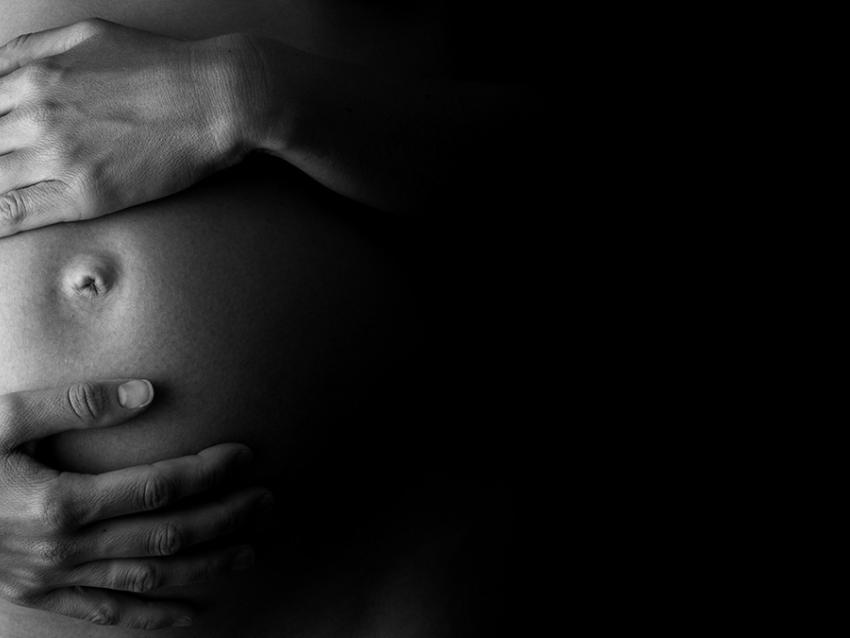
Op-Ed by Dr. Marianne Hutti: Using Doula Services to Reduce Black Maternal Mortality
Recently the Centers for Disease Control and Prevention released statistics on maternal mortality in the United States. These statistics show maternal deaths rose at an alarming rate, and large disparities continue when deaths in black and white pregnant women are compared. Overall maternal mortality in the US rose by 14 percent between 2019 and 2020 but increased by 26 percent among black women. Mortality was three times higher when black women were compared to white women.
Mothers are not the only family members affected by death during or just after pregnancy. In the most recent statistics available, almost 21,000 infant deaths were reported in the U.S. in 2019. Currently, black infants are more than twice as likely to die than white infants. In addition, more than 45,000 stillbirths or newborn deaths in the first week of life are reported each year, with Black women experiencing twice as many of these losses as White women. These statistics do not consider the hundreds of thousands of miscarriages that also occur in the U.S. each year but are not officially reported.
Kentucky also shares in this healthcare crisis. A recent Kentucky public health report found 78 percent of maternal mortality cases were considered preventable. Maternal deaths increased from 45 in 2013 to 76 in 2018, with nearly 2.5 times more black than white women dying in pregnancy in Kentucky.
Clearly, black families bear a disproportionate burden of devastating pregnancy outcomes. Last week Blue Shield of California launched a new program to combat maternal mortality in Black women. The Maternal Child Health Equity Program is intended to support childbearing women in underserved communities. It will train doulas and make supplies, emergency funds and family-based services available to pregnant women5.
A doula is a lay (non-medical) birth support person who is trained in meeting the emotional and physical needs of the family during pregnancy, childbirth, and/or the postpartum period. Doulas offer practical, non-judgmental support, guidance, and education. Childbearing women who use a doula have shorter labors are less likely to need a C-section, have a preterm birth8, or use epidural/pain medication during labor. They are also more likely to attend childbirth-preparation classes and breastfeed9. Doula care is additionally associated with fewer uterine ruptures, cesarean hysterectomies after uterine rupture, fewer maternal deaths, and significant cost reductions.
Doula support programs have been in existence for many years. In other states they are provided by hospitals, through state-level Medicaid funding, or - like California - through insurance companies. Research indicates doula support programs are well-accepted by high-risk women from underserved communities. Pregnancy, postpartum, and labor support by doulas could be a cost-effective approach to providing better care to pregnant women and the babies in Kentucky. We have leaders in our state health insurance industry, hospital corporations, and legislature who could step up and initiate a program such as California’s Maternal Child Health Equity Program. We also have doulas in Kentucky...Let’s get these talented and committed individuals together to help mitigate this Kentucky maternal and infant health crisis!
###
Author information:
Marianne H. Hutti, PhD, WHNP-BC, FAANP, FAAN is a women’s health Nurse Practitioner, a professor at UK's College of Nursing, a nurse scientist at UK Healthcare – Ambulatory Services, Professor Emerita from the University of Louisville, a Fellow of the American Association of Nurse Practitioners and a Fellow of the American Academy of Nursing.
